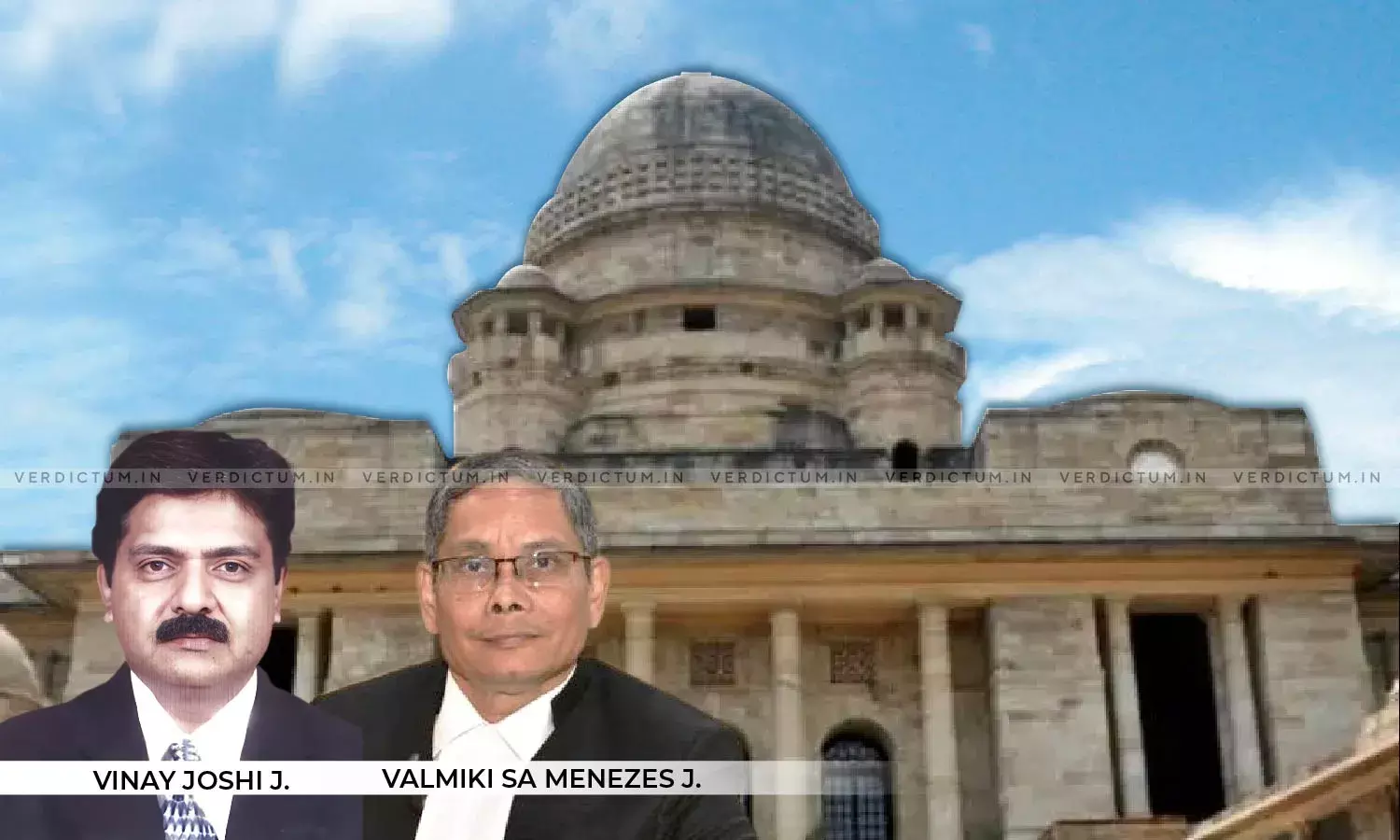Women Wearing Revealing Clothing Is Socially Acceptable And Is Not Inherently Obscene Act: Bombay High Court Quashes FIR Against Resort Dancers

The Bombay High Court, Nagpur Bench emphasized that women's wearing revealing clothing is socially acceptable and is not an inherently obscene act.
The Court quashed an FIR filed under Section 294 of the Indian Penal Code (IPC) wherein police Officials indicted scantily dressed women performing an obscene dance in a banquet hall in a resort. The Court held that such a manner of clothing is acceptable in movies and beauty pageants and therefore, the provisions of Section 294 of IPC would not apply in such situations.
The Bench comprising Justice Vinay Joshi and Justice Valmiki Sa Menezes noted, “Whilst holding so, we are mindful of the general norms of morality prevalent in present Indian Society and take judicial note of the fact, that in present times it is quite common and acceptable that women may wear such clothing, or may be clad in swimming costumes or such other revealing attire. We often witness this manner of dress in films which pass censorship or at beauty pageants held in broad public view, without causing annoyance to any audience. Surely the provisions of Section 294 of IPC would not apply to all this situation and we are unable to countenance a situation where acts such as the ones referred to in the FIR would be judged by a Police Officer, who in his personal opinion considers them to be obscene acts to cause annoyance to any member of the public. Taking a narrow view as to what acts could constitute an obscenity would be a retrograde act, on our part. We prefer taking a progressive view in the matter and are unwilling to leave such a decision in the hands of Police Officials”.
Advocate A.A Naik appeared for the Applicant, and Additional Public Prosecutor S.S Doifode appeared for the Respondents.
The Police Officials charged the Applicants after receiving information about an obscene dance happening at a Banquet Hall. The police officials discovered women in revealing clothing performing while intoxicated men showered fake currency notes. The Applicants approached the Court seeking to quash the FIR registered under Sections 294 and 34 of the IPC, Sections 110, 131A, 33A, 112, and 117 of the Maharashtra Police Act, 1951 (MPA), and Sections 110, 131A, 33A, 112, and 117 of the Maharashtra Police Act, 1951 (Act).
“The first question which falls for our decision is, whether the FIR discloses, from plain reading of facts contained therein, an offence made out under Section 294 of the IPC against the five Applicants herein”, the Bench noted.
The Court referred to Section 294 of Chapter XIV of the Indian Penal Code, which deals with offenses that affect public health, safety, convenience, decency, and morals. Although Section 294 prescribes a punishment of imprisonment for up to three months, a fine, or both, and is classified as a non-cognizable offence, the legislature has classified it as a cognizable and non-compoundable offence. To be guilty of an offence under Section 294, the Court observed that the accused must have committed an obscene act, sung, recited, or uttered any obscene song, ballad, or words. Both Clauses (a) and (b) of Section 294 require that the act or words be committed in a public place or, in the case of Clause (b), be audible near a public place to any member of the general public.
Furthermore, the Court observed that Section 294 mandates that the obscene act or words should cause annoyance to others, meaning that the people in the immediate vicinity of either of these acts should make a specific complaint. The Court held that no allegations are cited against the Applicants of committing an obscene act.
“For an offence under Section 294 to have been committed, the Accused has to primarily commit an obscene act or sing, recite or utter any obscene song, ballad or words. It is further a requirement of both, Clauses (a) and (b) of Section 294, that in both cases, the act should be committed in a public place or in the case of Clause (b), the obscene words may also be sung/recited/uttered near a public place, essentially meaning it is required to be heard and be audible to any member of the general public. Section 294 further requires that the obscene act or the obscene song or words must, after being seen or heard, be to the annoyance of others, meaning thereby, a specific complaint should be made by people in the immediate vicinity of either of these acts”, the Bench observed.
Furthermore, the Court noted that the Police Officials who raided the hall considered the act of dressing in short skirts and dancing provocatively as obscenity, as cited in the FIR under Section 294 of the IPC. The Court referred to the case of Narendra H. Khurana and Ors. v Commissioner of Police [2000 (2) Mh.L.J] and reiterated that the actions of the women wearing short skirts, dancing provocatively, or making gestures that police officials find obscene cannot be considered inherently obscene acts.
Accordingly, the Court allowed the Application and quashed the impugned FIR.
Cause Title: Lalit v The State of Maharashtra

